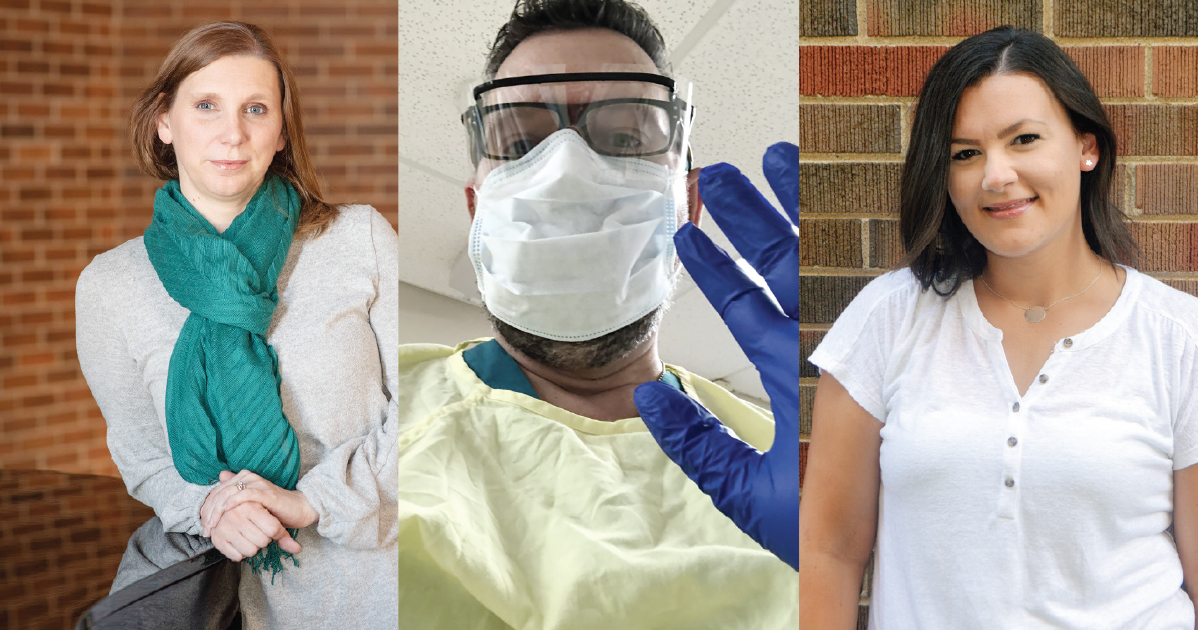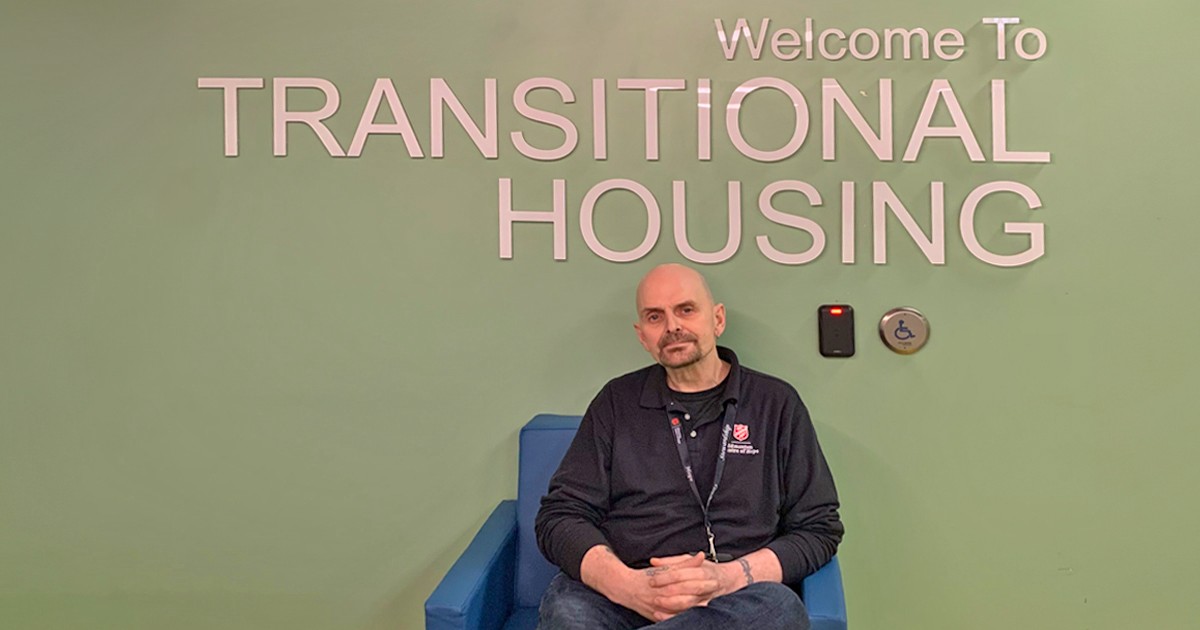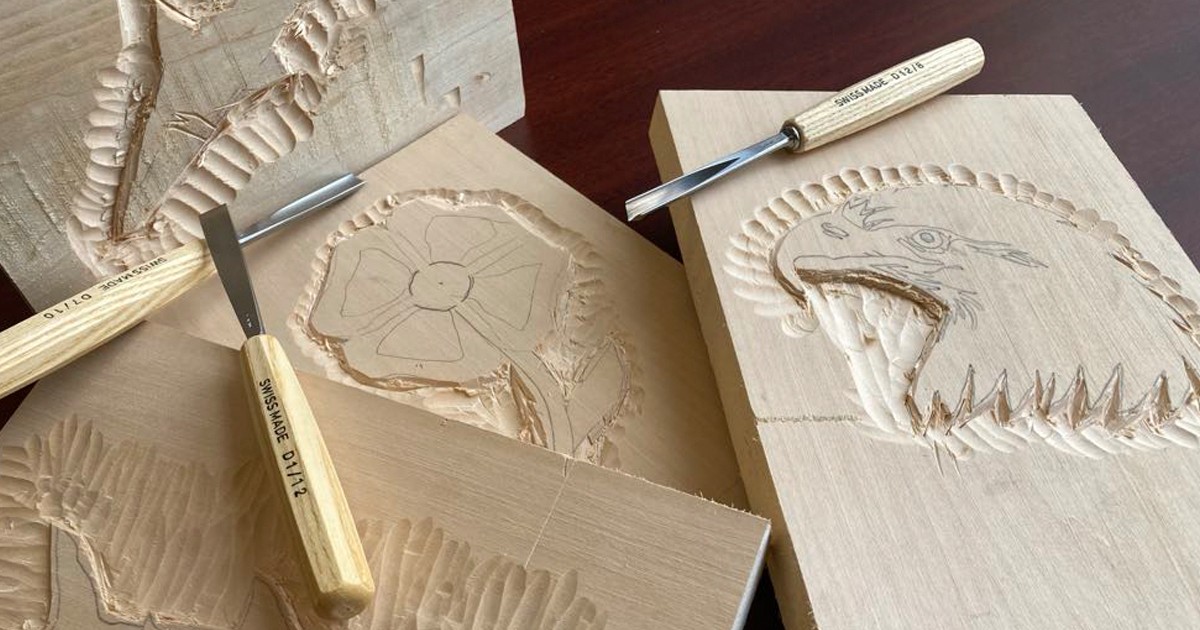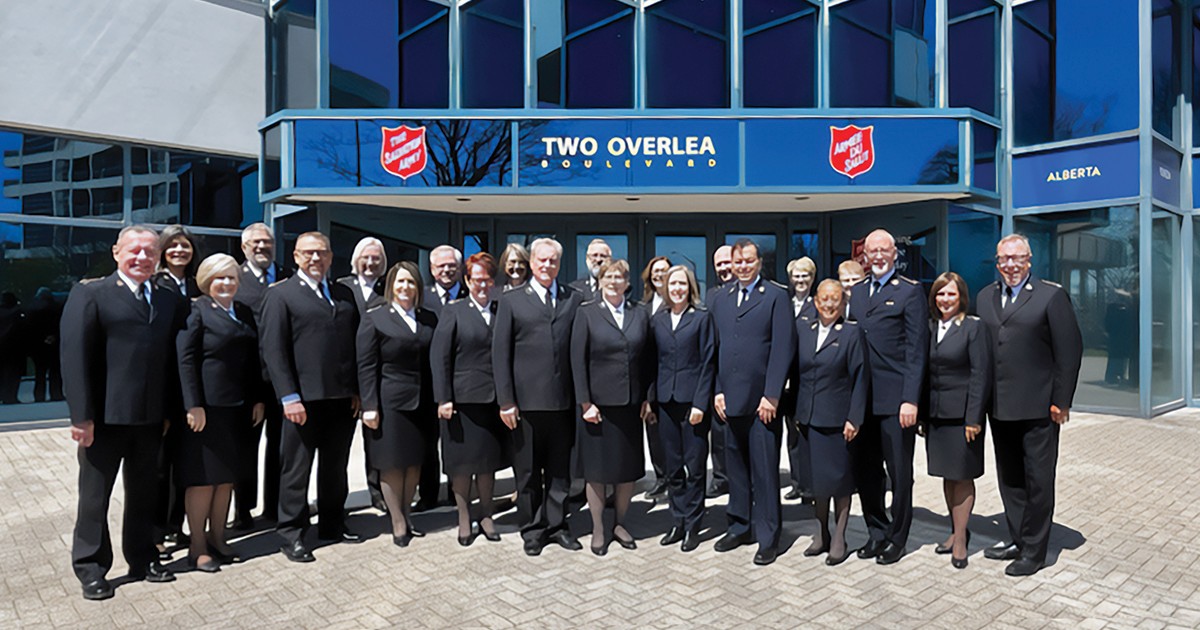As COVID-19 has infiltrated our day-to-day lives over the last several months, many Canadians have had time to reflect on work, priorities and family life. For those in health care, it has been a whirlwind of change. Their call to protect not only themselves and their families but also those in their care has been fundamental in helping to “flatten the curve.” Almost all areas of health care have been affected, and treatment for many looks much different than it did before. Here are three front-line staff working diligently to ensure safe and proper care within the walls of their hospitals.
Right Place, Right Time
Jim Moulton, an orthopedic healthcare aide at Grace Hospital in Winnipeg, had his work turned upside down. The patients on his floor were quickly discharged to prepare for COVID-19 cases.
“As we emptied our ward, our staff became the float pool,” he says. “You could be sent anywhere in the hospital when you came to work each day. Totally understandable, but totally stressful. You don’t know the processes or who you are coming into contact with.”
Within the challenges and changes that came with COVID-19, Jim has been reflecting on what led him to health care in the first place.
“I was going through a time of struggle about what I should be doing,” he recalls. “Then I watched as my mother-in-law, who was dying, was taken care of by my sister-in-law, who is a nurse. It impacted my life and I felt a calling to do something with hospice care in particular.”
As COVID-19 progressed, Jim found himself in a full-circle situation.
“Our orthopedic ward started taking very serious patients, some who were dying and in palliative care,” he says. “I was able to really be of use in that way after having 12 years of experience in that area. I was working with non-COVID-19 patients who were in the hospital but were dying alone. That was challenging but affirming. I felt that I was in the right place at the right time.”
Jim’s faith and Salvation Army church community have been a great support to him.
“I’m a member at Heritage Park Temple and I’m also the bandmaster, so I’m quite involved,” he says. “People have taken the time to send messages and make calls of encouragement to let me know that they were praying and thinking of me.”
“Being There”
Donna Lee Samson, a cardiac services manager at St. Boniface Hospital in Winnipeg, was drawn into decision-making for her hospital from the get-go.
“I got a call from my director saying he needed me in the boardroom immediately,” she remembers. “Another manager and I were representing cardiac services at the table for pandemic planning. There were lots of questions, and they called the team together for answers since things were happening rapidly. We didn’t know how patients would present, what patients would bring in and what the needs would be. Each day was consumed with planning, and regular eight-hour days turned into 12-14-hour days while we managed normal flow of the hospital as well as the new information coming in.”
Donna Lee felt the significance of her position as a manager and wanted to do right by her staff.
“I felt that they really looked to me and other managers as if to say, ‘You’ve got my back, right? I can trust you, right?’ ” she says. “I needed to make sure they still felt safe and could still come to work. I still have a job to do, to make sure supports are in place to move forward, no matter what was happening.”
Donna Lee has been leaning on her faith during this time.
“Faith is about something greater,” she says. “It’s all about how you show God’s love and how you live your life. That’s important to me. With the interactions I’ve had with my staff, it’s always a chance to show kindness and compassion as decisions are made. Sometimes it’s just about being there.”
The Advocate
Janine van der Horden is an occupational therapist assistant/physiotherapist at University Health Network-Ontario Rehab in Toronto. She’s seen a shift in mindset around how treatment for the stroke-rehabilitation patients she cares for is taking place. Normally, a patient would be on track to leave the hospital quickly, then complete recovery in their homes. Now, things are looking very different.
“We normally would have family visiting their loved ones and being involved in the recovery process,” she explains. “We would do caregiver training to teach people what they need to know about caring for a patient in their home. So much of it was hands-on, but then we had to start finding other ways to do that. It’s more of a challenge to make sure our patients are discharged safely and to fill the void that is there because patients don’t have anyone to advocate for them or in-person support from their loved ones.
“Even though right now I have questions, watching people suffer and losing people in my own church family to COVID-19, my faith gets me through the day,” says Janine. “What I get from God is peace and calm. He already knows the outcome, and that, to me, is really hard to imagine. We need to love and be kind to each other, and there are lots of opportunities to show God’s love. My faith keeps me humbled and peaceful.”
"A Beautiful Place"
Former Salvation Army client now provides support to others in their own recovery.
By Juan Romero Faith & FriendsFor 43 years, Craig Smith struggled with drug addiction. But The Salvation Army reignited his life. Craig underwent rehabilitation and then joined The Salvation Army’s Keystone program at Edmonton’s Centre of Hope.He believes his 18-month stay at Keystone was the best thing he could have done.“It saved my life,” he says.
Hands-On Hope
From woodworking to sushi-making, Belleville Citadel, Ont., engages youth with Sticks and Stones skills program.
by Abbigail Oliver FeaturesA new program at Belleville Citadel, Ont., called Sticks and Stones is introducing youth to activities from woodworking to computer-building to sushi-making.
International Secretaries Visit Canada and Bermuda Territory
Week-long trip provides time for fellowship and feedback.
News“Every opportunity of telling our story and strengthening the mutual understanding between International Headquarters and the Canada and Bermuda Territory is welcomed and celebrated.”










Comment
On Thursday, November 5, 2020, Darryl Peacock said:
On Wednesday, November 4, 2020, Janice Eppler said:
Leave a Comment